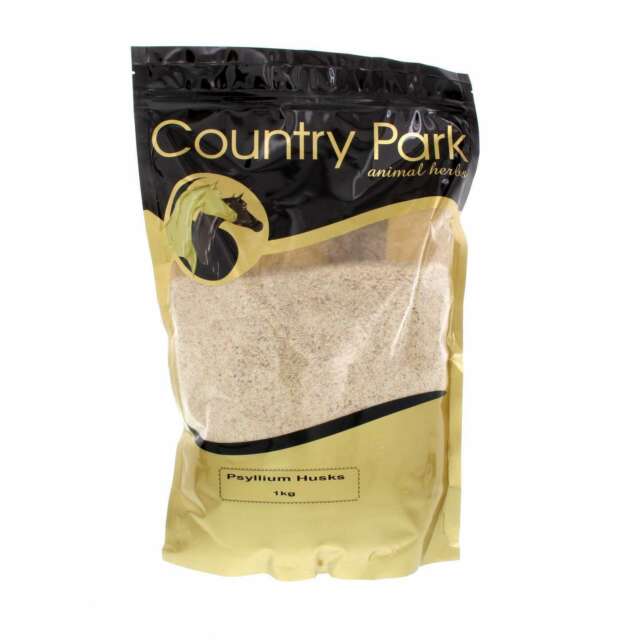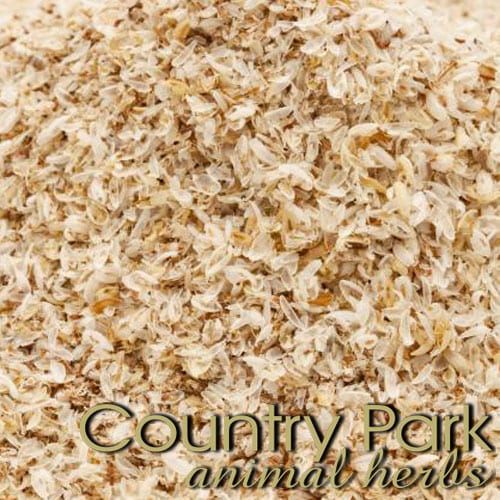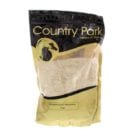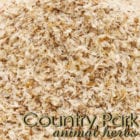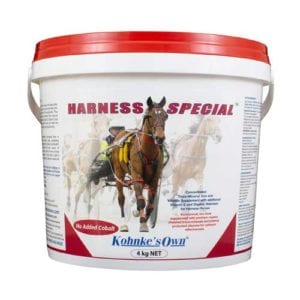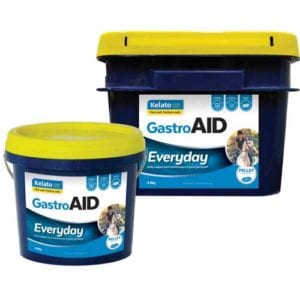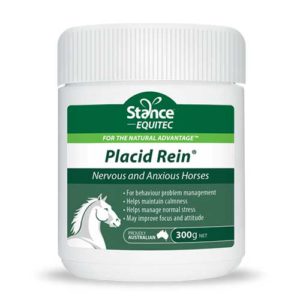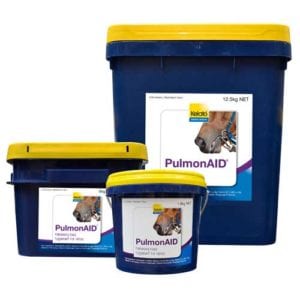Description
Psyllium is high in fibre and mucilage and when combined with water it swells to many times its original size, becoming slimy and gelatinous. Diarrhoea is inhibited via the absorption of excess moisture and bulking up of faeces, and constipation is alleviated by the softening of stool and the promotion of bowel movement by the extra volume.
For horses, psyllium husk’s ability to pick up sand and move it through the gut is particularly valuable in the preventation and/or treatment of sand colic. Periodic addition of psyllium to the feed is practised in some sandy soil areas.
It is vital that a horse being fed psyllium has constant access to plenty of fresh water to ensure that the bulking up and moisture absorbing effects of the psyllium do not hinder the passage of food through the gut. Adding extra salt to the feed whilst using psyllium can assist with increasing water intake. Do not feed psyllium to a horse whose gut is impacted.
DO NOT feed psyllium continually as a preventative measure for sand colic. After a period of time the microbe colony in the horse’s colon adapts and will “digest” (ferment) the psyllium, reducing its effectiveness as a “pass-through” collector of sand and debris.

